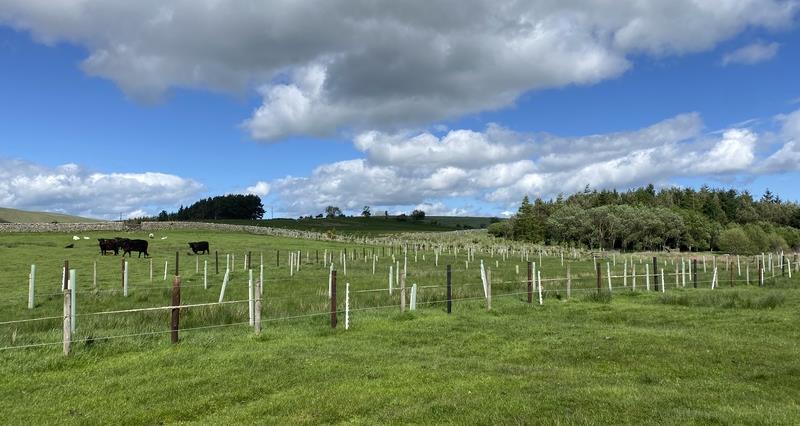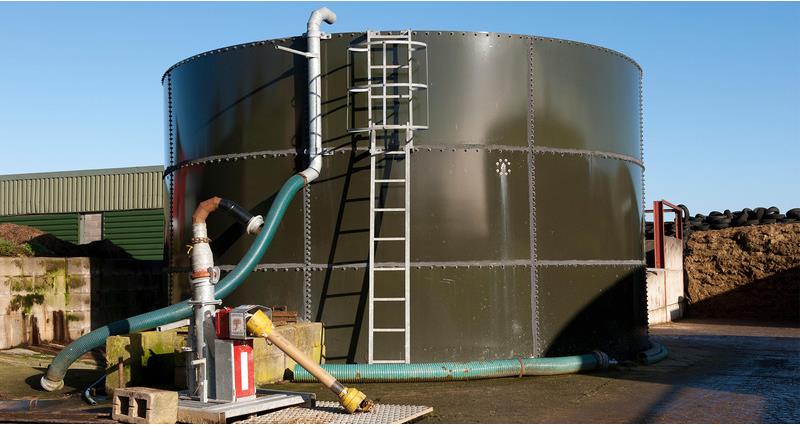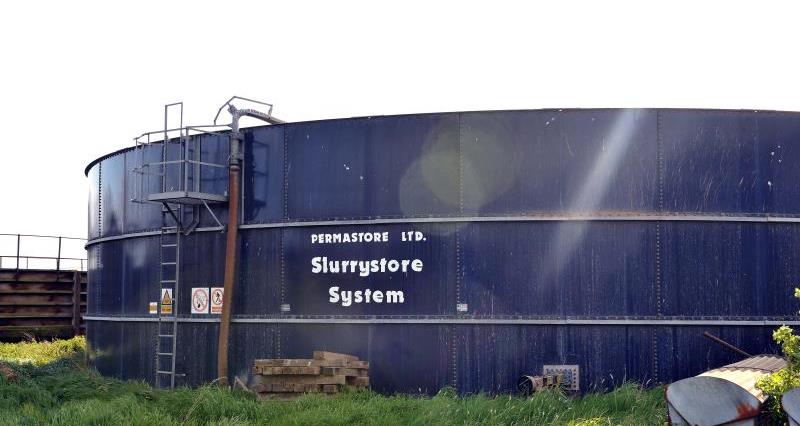The EA (Environment Agency) has launched a campaign, aimed at ensuring farmers have enough slurry storage in place for the coming winter.
While the current dry weather is at the front of minds, the EA is encouraging farmers to start considering the weather extremes that winter may bring.
The ‘Winter Ready’ campaign asks farmers to prepare storage now, have a ‘robust back up plan’ in place, and to contact the EA with any concerns.
As we’ve experienced in recent years, the weather is yo-yoing from extreme dry conditions to extreme wet conditions and the NFU encourages farmers to think ahead.
And, while we would like to see a better working relationship between farmers and the EA, members may wish to take independent legal advice before making contact.
Members can seek advice through NFU CallFirst or one of our legal panel firms and contact the EA via their local officer, or by calling its National Customer Contact Centre on 03708 506 506.
“It’s vital that we see a joined-up government that supports investment in farm businesses.”
NFU Vice President Rachel Hallos
Tackling slurry storage issues – EA advice
The EA is promoting the following actions as potential solutions for expected storage challenges:
- Ensuring you have adequate storage to see you through winter without the need to spread. The EA recommends having six months of storage to help comply with the requirements of the Farming Rules for Water to spread only according to crop and soil need.
- Covering slurry tanks, lagoons and pits and using the summer months to fix draining and clear guttering to ensure separation of clean and dirty water, meaning less rainwater mixes with slurry to increase its volume.
- Refraining from taking sludge, digestate or other materials if you don’t have an immediate need for them. Even if you are contracted to take these materials, all producers have a responsibility to ensure bi-products and waste are properly disposed of.
Published on:
Planning barriers and available funding
Some farmers will, where necessary, be able to consider taking one or more of these actions, but we know that many will find them challenging.
Installing extra storage, for instance, is a costly endeavour and farmers face a difficult economic backdrop, planning barriers, and regulatory uncertainty.
There have been two rounds of grant funding for slurry stores, and we await news on a third. 91�ֿ�is asking for the scheme to work better for farmers.
It is also worth noting that, outside of NVZs (nitrate vulnerable zones), the legal minimum requirement for slurry storage is four months’ worth rather than the six recommended by the EA.
Cost effective solutions
It can also be difficult for farmers to cover existing stores, particularly where a lagoon is used or a tank cannot take the extra weight.
Defra has announced that the Capital Grants scheme budget is now fully allocated and farmers may, therefore, be reluctant to invest at this stage. Separating clean and dirty water by fixing drains and clearing guttering may well be the most practical and cost effective step for many farmers.
Seek contractual advice
Finally, the EA is urging farmers to avoid taking biosolids and digestate from others unless there is an immediate need for them, possibly even where there is a contract in place.
While some might be able to do so, we would encourage members to take independent legal advice before refusing to take any material to which they are contractually obliged to accept.
We have also urged the EA to ensure that producers of such materials are aware of their responsibilities around disposal.
Remember: NFU members can seek advice through NFU CallFirst or one of our legal panel firms.
NFU Vice-president urges farmers to minimise the risk
NFU Vice-president Rachel Hallos said: “As we’ve experienced in recent years, the weather is yo-yoing from extreme dry conditions to extreme wet conditions. It’s important that we start thinking about our water in the round and plan for a more unpredictable climate.
“It’s positive that the Environment Agency is willing to work with farmers to find the solutions over winter. Success relies on there being the investment available for farm businesses to take steps on slurry storage. And right now, there’s uncertainty over future access to the Slurry Infrastructure Grant. As well as this, the Capital Grants scheme – one of the only schemes open to farmers at the moment – is 75% full.
“As was discussed at our recent water summit to ensure we have access to a clean and plentiful supply of water, it’s vital that we see a joined-up government that supports investment in farm businesses.”





